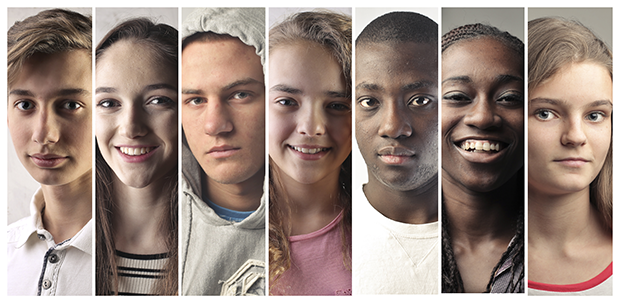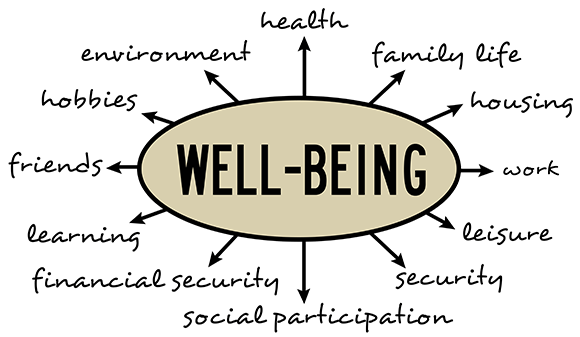
For a more in-depth treatment of this topic see Education of the Whole Child
Over the past decade we have demanded that students become more focused on academics. Whereas Kindergarten used to focus on creative play and thematic activities, it now emphasizes preparation for first grade reading, writing and math. As the demands on students have increased, the place for play and self-directed learning has decreased.

Some modern researchers have blamed student isolation on increased screen time by students. Other negative effects are cited as well. But whatever the causal link, social isolation among pre-teens and teens is real.
Pre-teens and teens feel emotionally overwhelmed at increasing rates. Rates for depression and attempted suicide doubled from 2007 through 2015.
Schools and teachers can do only so much although most work to create safe, healthy learning spaces. This is a broadly based social-cultural issue.
Raising children has become unceasingly demanding, both economically and socially. Child care has become prohibitively expensive. A sick child can force a parent to make difficult choice for taking off from work and losing pay. Active school shooter drills emphasize that the world is a dangerous place for children.

Have we ruined childhood, as Kim Brooks suggests? I don't think so. More likely, the world has changed, and we face new challenges. One of those challenges is how to bring social-emotional learning back into a predominant position in our hierarchy of importance.